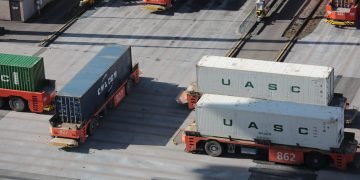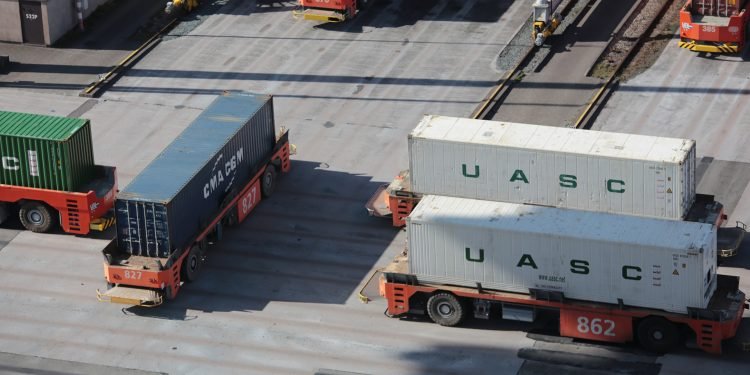By Eva Richardson – March 11, 2025
The cargo logistics brokerage market is experiencing a significant boom as global trade continues to expand and businesses seek more efficient freight solutions. With the increasing complexity of supply chains, logistics brokerage services have become a critical link in facilitating cost-effective, time-sensitive, and technology-driven cargo transportation.
Market Drivers Behind the Growth
Several key factors are fueling the rapid expansion of the cargo logistics brokerage sector:
- Rising Demand for Digital Freight Solutions: Companies are turning to AI-powered freight matching platforms and real-time shipment tracking technologies to optimize operations and reduce costs.
- E-Commerce Growth: The surge in online shopping has increased the need for fast, flexible, and cost-efficient last-mile delivery solutions.
- Supply Chain Resilience Strategies: Businesses are diversifying their logistics partners and adopting brokerage services to mitigate risks and navigate disruptions.
- Increased Global Freight Volumes: Expanding international trade routes and demand for multimodal logistics solutions have driven brokerage firms to scale their operations.
How Technology is Transforming Cargo Brokerage
The integration of blockchain, AI, and IoT tracking systems is reshaping the logistics brokerage market by enhancing transparency, efficiency, and security. Digital freight platforms are reducing the need for manual coordination, allowing shippers and carriers to match loads in real-time, optimize routes, and reduce operational costs.
Competitive Landscape and Industry Leaders
The market has seen a surge in competition, with established logistics giants and emerging tech-driven startups investing heavily in automated brokerage solutions. Companies leveraging big data analytics and predictive demand forecasting are gaining a competitive edge by offering dynamic pricing models and increased shipment visibility.
Future Outlook for the Logistics Brokerage Market
As global trade volumes continue to rise, experts predict sustained growth in cargo brokerage services, particularly in regions such as North America, Europe, and Asia-Pacific. The increasing focus on supply chain sustainability and carbon reduction initiatives will further drive innovation in eco-friendly and digital-first logistics solutions.
Conclusion
With logistics brokerage evolving to meet the demands of modern freight networks, companies that embrace technology-driven solutions will lead the next phase of supply chain transformation. The strategic adoption of AI, automation, and predictive analytics is set to redefine efficiency and profitability in global logistics.
The Logistic News will continue to provide exclusive insights into industry innovations shaping the future of logistics and freight brokerage.
Stay tuned for more updates on key market trends and strategic developments in cargo logistics.























